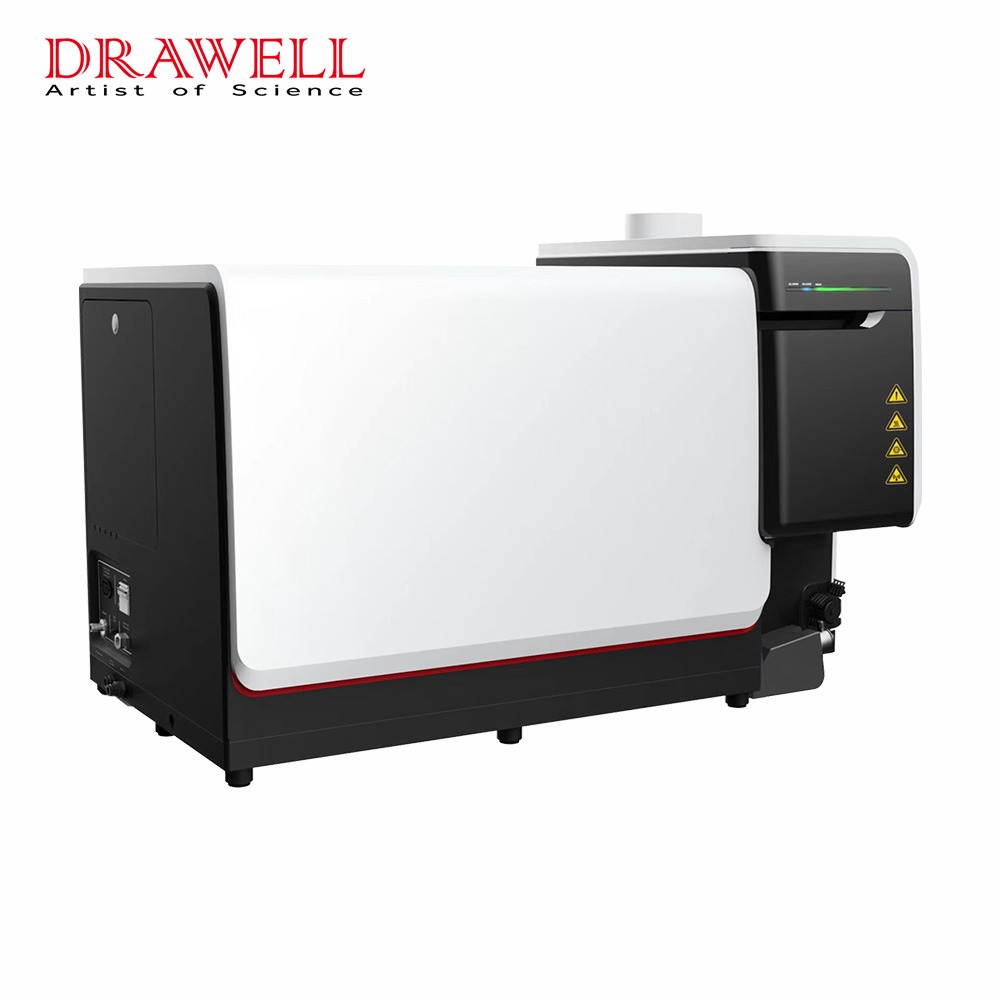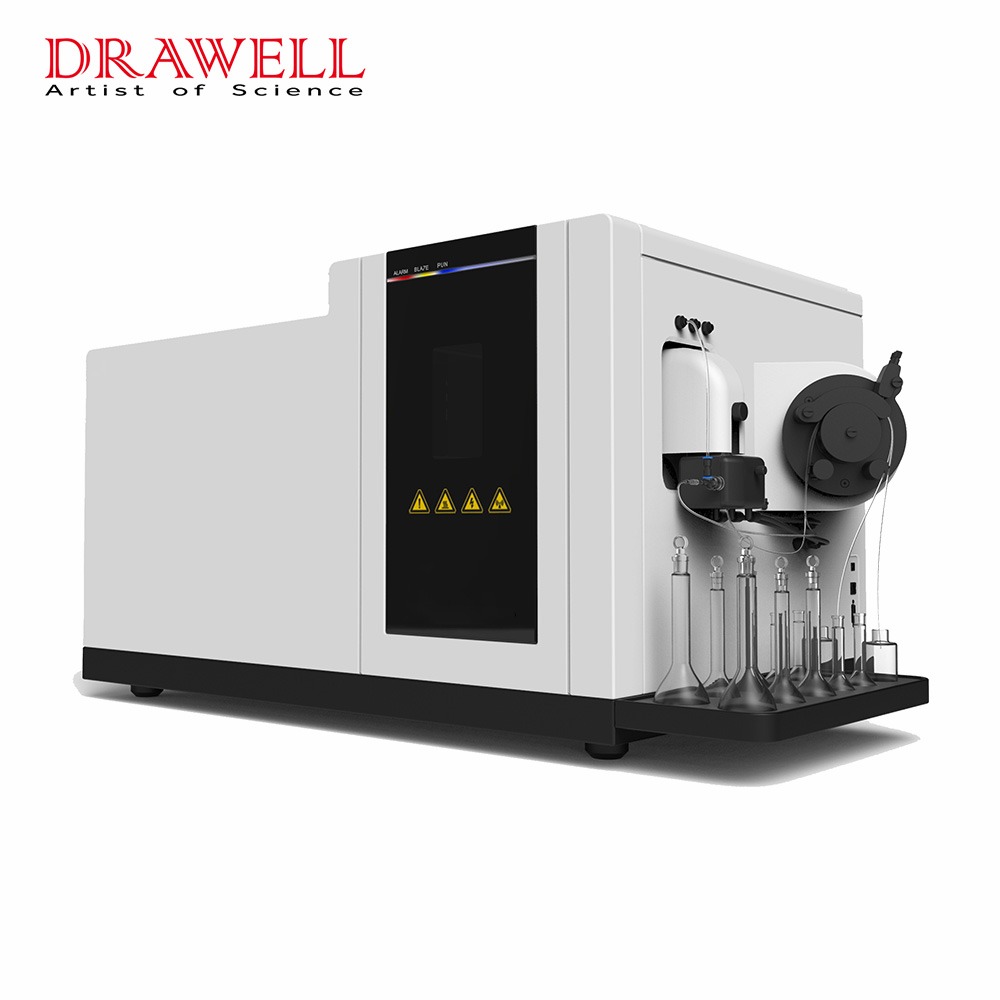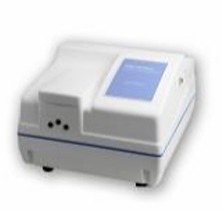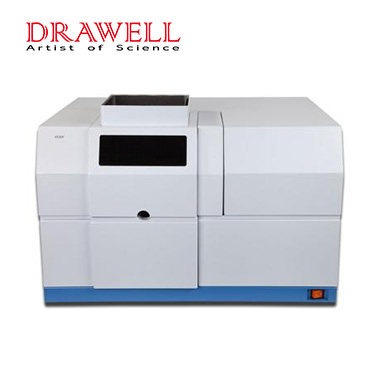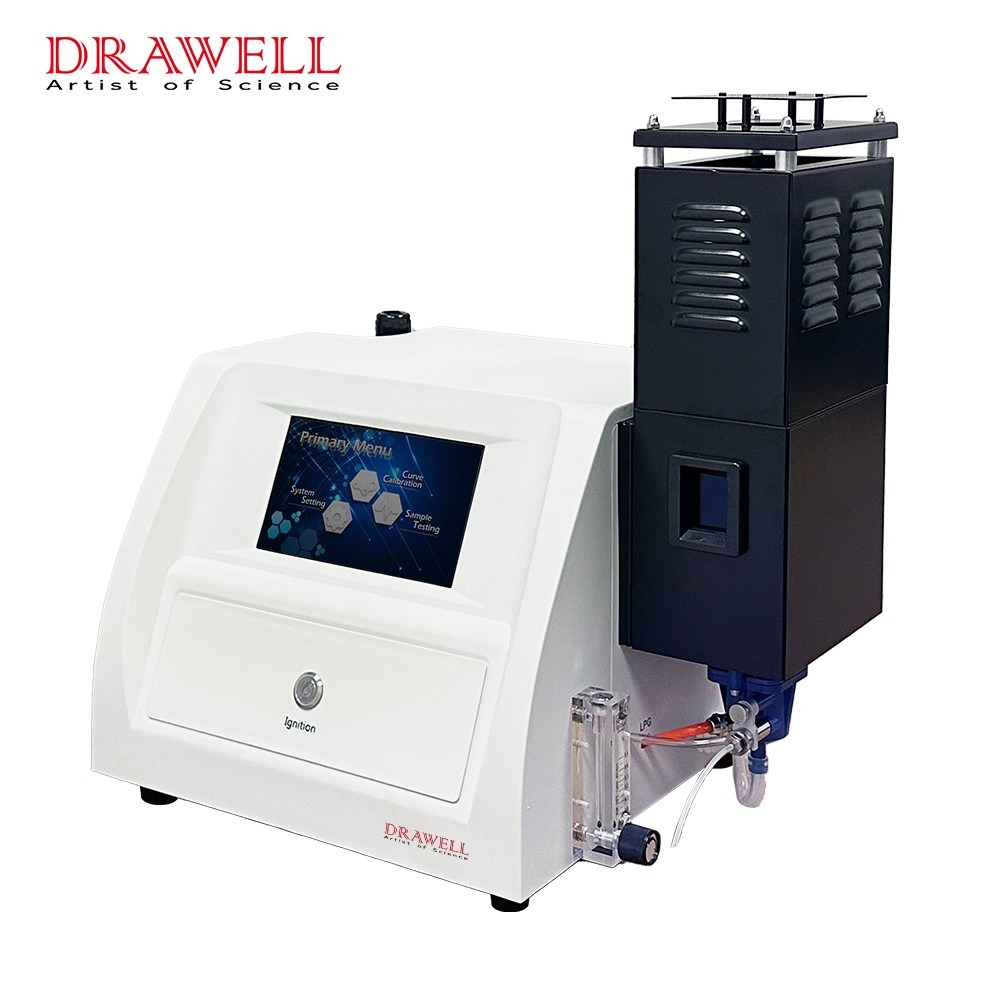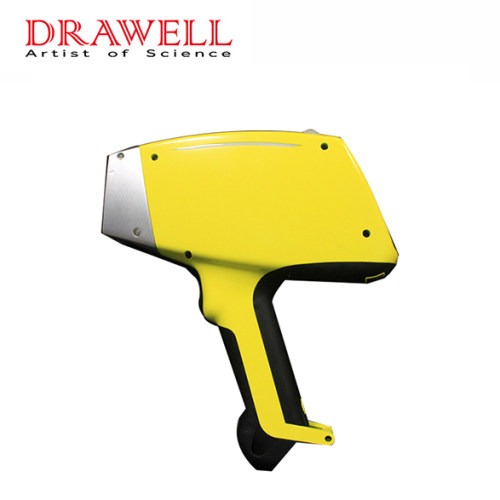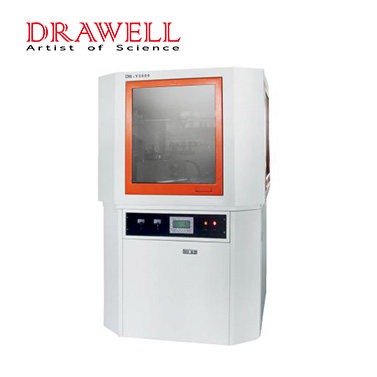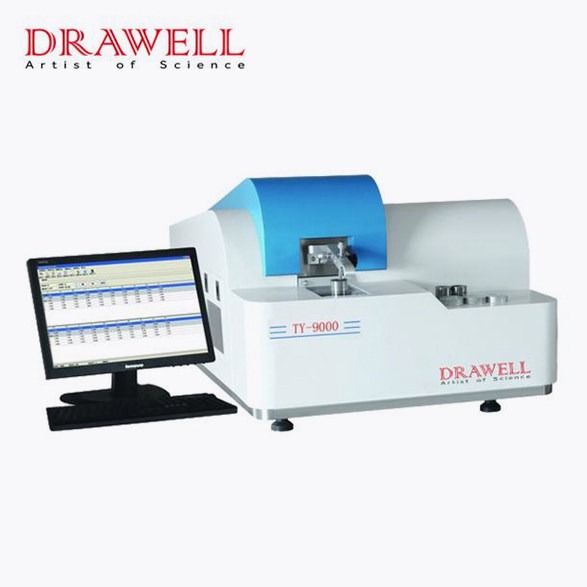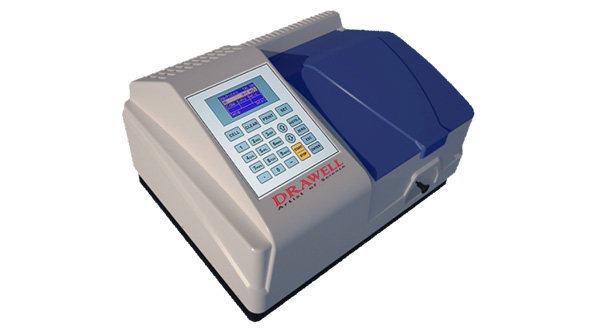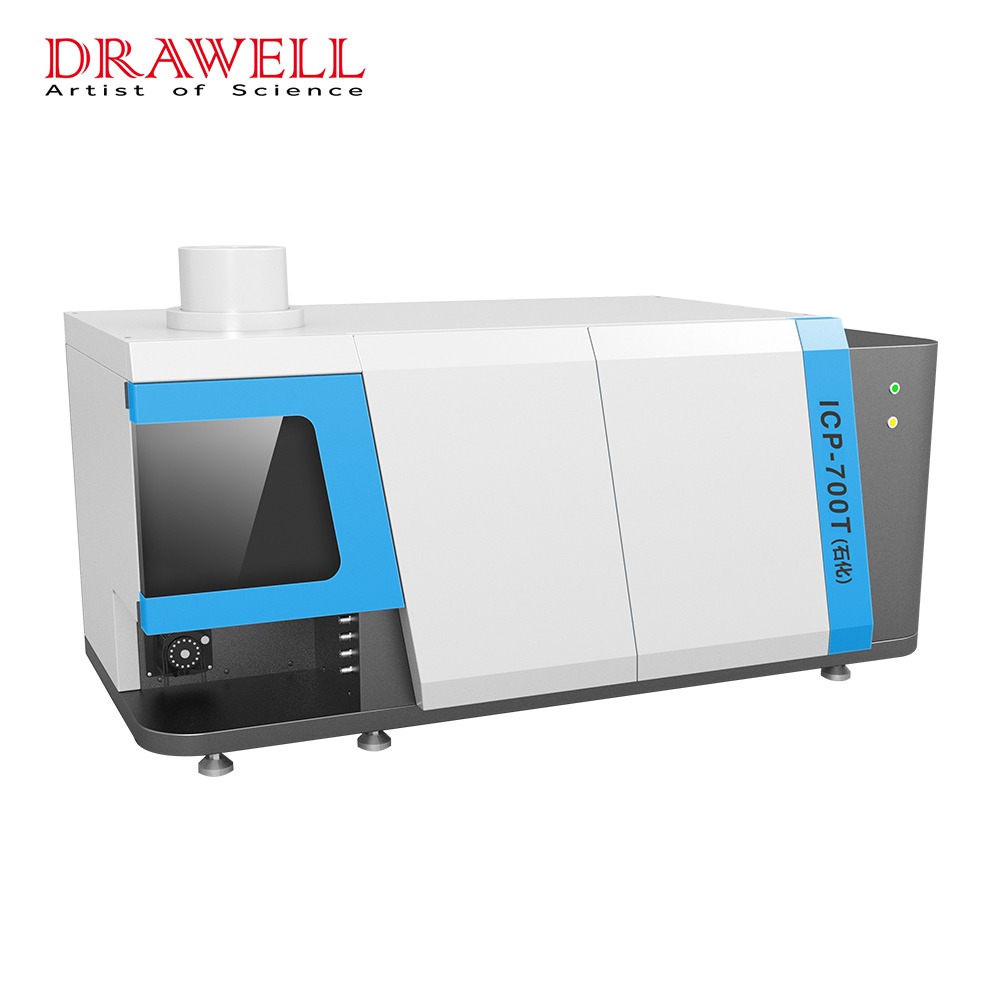Inductively Coupled Plasma Mass Spectrometer (ICP-MS)
What is ICP-MS?
An inductively coupled plasma mass spectrometer (ICP-MS) is an analytical instrument that combines ICP technology and mass spectrometry technology.
Advantages: The ICP-MS method has the advantages of simple sample preparation and injection technology, fast mass scanning speed, short operating cycle, and less interference to the ion information provided. For most elements, it has extremely low detection limits and is recognized as the most ideal method for analyzing inorganic elements. It can measure most of the periodic table of elements, with extremely low detection limit, extremely wide dynamic range, simple circuit, less interference, high precision, and fast speed, and can provide isotope analysis.
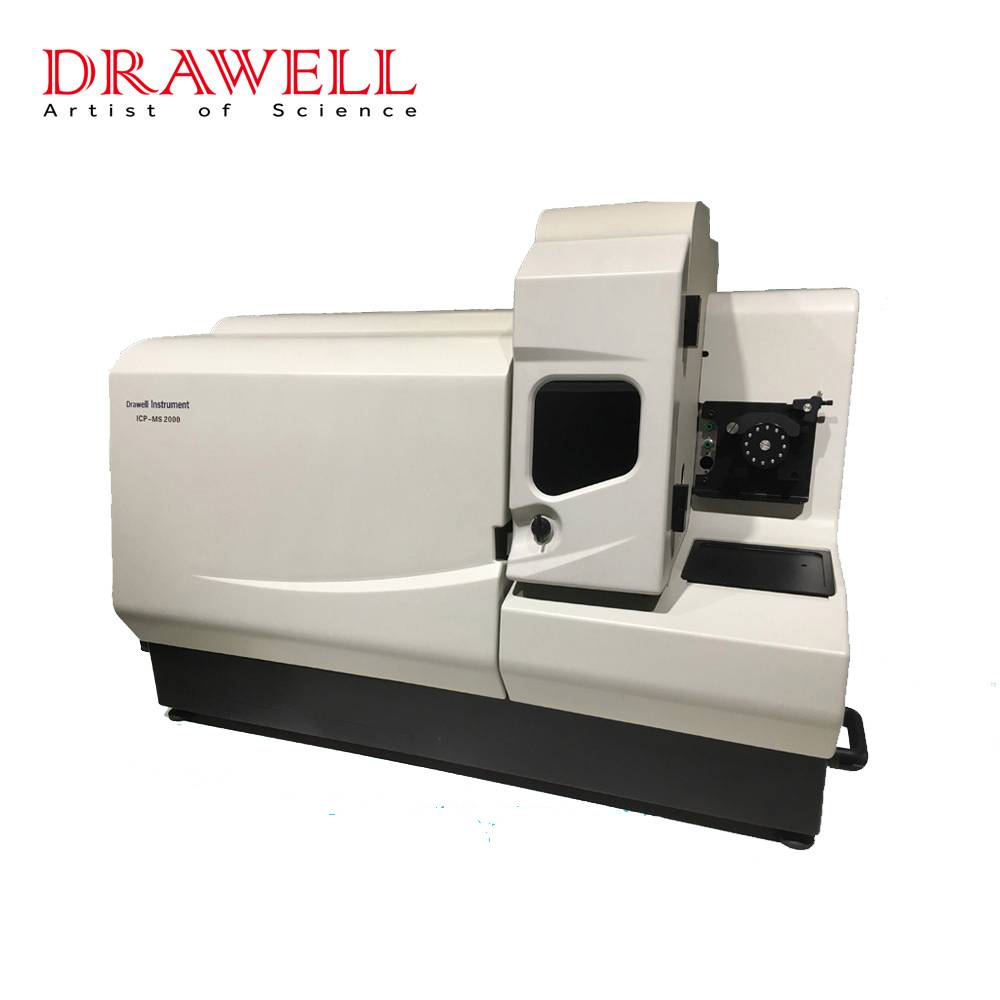
Features of ICP-MS
- The surface width of elements that can be measured can reach more than 80 elements.
- Simultaneous determination of multiple elements, including isotope analysis and speciation analysis of metal elements in organic matter.
- High sensitivity and low detection limit. Trace elements in ppb and below concentrations can be measured.
- Good selectivity and less spectral line interference.
- Wide dynamic linear range: up to 8 orders of magnitude
- The sample is injected under atmospheric pressure, which is convenient for technical combination with other samples
- Simultaneous and rapid analysis of multiple elements can be performed, and the isotope dilution method can be combined with a variety of separation techniques and sampling methods and can be adapted to trace or ultra-trace element analysis in complex systems
Applications of ICP-MS
- Analysis of environmental samples, including analysis of tap water, surface water, groundwater, seawater, various soils, sludge, waste, etc.
- Analysis of trace pollutants in various materials and reagents in the semiconductor industry, such as high-purity reagents (strong acids, strong bases, especially organic reagents), high-purity metals (electrodes, etc.), ultra-trace impurities in SiCaAs wafers, Highly matrix unstable samples such as photoresists and cleaners.
- Food analysis, such as sanitation and epidemic prevention, commodity inspection, quality control of tobacco and alcohol, authenticity identification, etc.
- Biological, medical, clinical, and other research, such as analysis of hair blood samples, urine samples, biological tissues, biological mechanism research of proteins, enzymes, etc., drug quality control, etc.
- Applications such as forensic medicine and public security; such as shooting residue analysis, qualitative and quantitative characteristic materials, source analysis, toxicity analysis, etc.
- Combined with separation technology to analyze the valence and form of elements such as Cr>Hg>As>Pb>Sn in the fields of environmental toxicology and life sciences.
- Analysis of steel alloys, glass, ceramics, and mineral treatment samples.
- Geology and isotope ratio research.
- Analysis of petrochemical samples.
- Nuclear industry analysis.
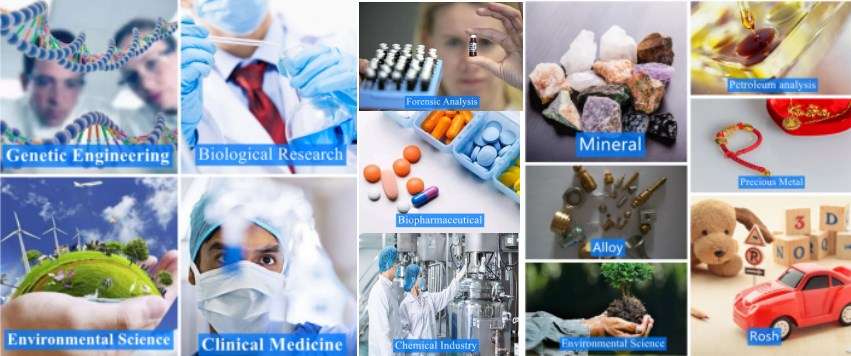
How to Choose the ICP-MS?
Please tell us your application industry, testing samples, and specific testing needs. We will recommend a configuration for you.
Order Process of ICP-MS


